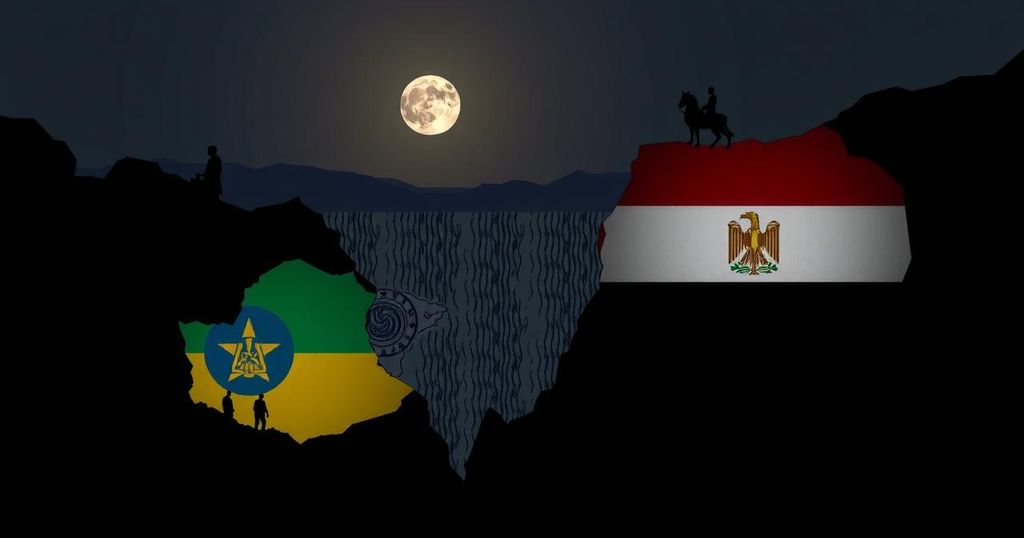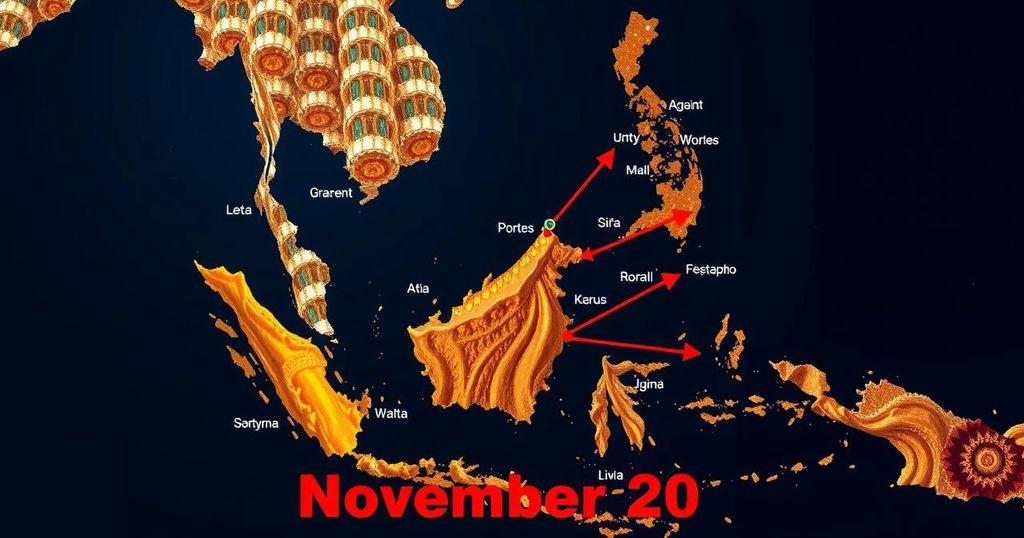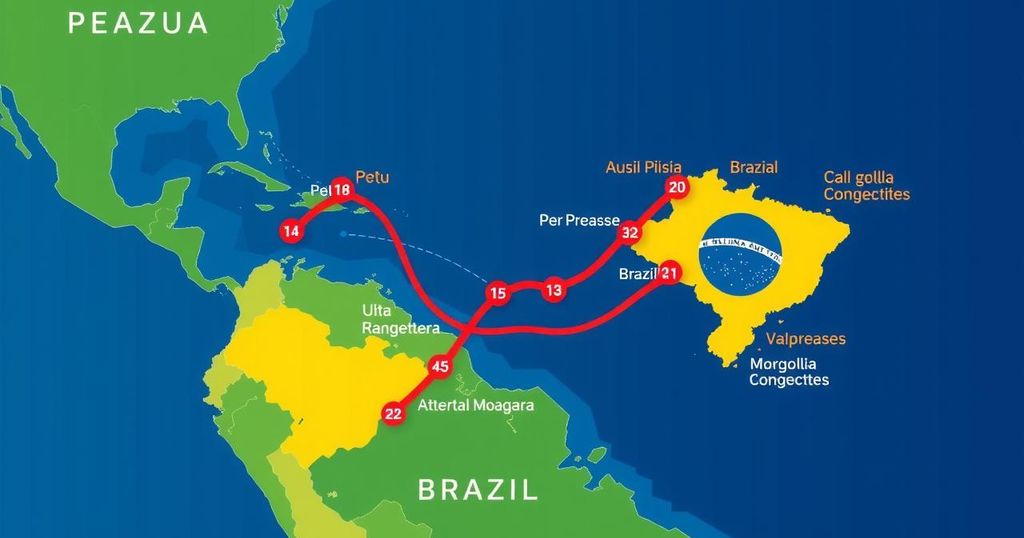Ethiopia and Egypt Continue Dispute Over Grand Ethiopian Renaissance Dam
Summary
Ethiopia has rejected Egyptian allegations regarding the Grand Ethiopian Renaissance Dam, reinforcing its rights over natural resources and the importance of regional cooperation through the Cooperative Framework Agreement. Egypt maintains its concerns over potential impacts on its water share, leading to heightened tensions as both countries navigate the complexities of transboundary water management.
Ethiopia has firmly dismissed recent allegations made by Egypt concerning the filling of the Grand Ethiopian Renaissance Dam (GERD), labeling them as unfounded. In a correspondence addressed to the United Nations Security Council, signed by Ambassador Taye Atske-Selassie, Ethiopia reiterated that the utilization of natural resources fundamentally falls within the national jurisdiction of sovereign states and emphasized that disputes regarding transboundary waters ought to be resolved through bilateral and regional channels. In the same communication, Ethiopia notified the UN Security Council of its deposit of the sixth instrument of ratification for the Cooperative Framework Agreement (CFA) on the Nile River Basin, completed on August 14, 2024. This ratification officially comes into force and establishes the Nile River Basin Commission, which Ethiopia hailed as a significant milestone for equitable utilization of the Nile. Ethiopia has expressed hope that Egypt will ratify the CFA and contribute positively to the cooperative framework. This stance follows a letter from Egypt’s Foreign Minister, who articulated the nation’s decisive rejection of Ethiopia’s actions during the fifth filling phase of the GERD, asserting that these actions contravene both international law principles and the 2015 Declaration of Principles (DOP) signed by Egypt, Sudan, and Ethiopia. Ethiopia refuted these assertions, describing Egypt’s letter as a collection of unfounded accusations. Cairo has indicated a readiness to safeguard its rightful share of Nile water if Ethiopia’s actions compromise this allocation. Nevertheless, Ethiopia rebuffs these apprehensions, maintaining that Egypt’s fears are baseless. The GERD has been under construction since 2011, primarily aimed at addressing Ethiopia’s long-standing energy deficiencies and facilitating electricity exports to neighboring countries. The tensions have escalated to the point where the threat of an airstrike from Egypt prompted Ethiopia to enhance its defense capabilities by acquiring air defense systems from Russia and Israel, which have been installed at the dam site. Efforts by Egypt to persuade Israel to withhold the sale of air defense systems to Ethiopia have been unsuccessful.
The Nile River is a crucial water source for multiple countries in northeastern Africa, with Egypt and Ethiopia being the principal stakeholders in its management. The Grand Ethiopian Renaissance Dam (GERD), inaugurated in 2011, is designed to alleviate Ethiopia’s chronic energy problems and promote economic growth through electricity sales to neighboring nations. However, the project has sparked significant contention, particularly with Egypt, which fears that the dam could deplete its share of Nile water, vital for its agriculture and livelihoods. Past agreements on Nile water distribution and bilateral agreements have failed to resolve these tensions, prompting both countries to seek positions in international forums such as the UN Security Council. The Cooperative Framework Agreement (CFA) is intended to promote fair and sustainable management of the Nile River Basin but has met with resistance from Egypt, highlighting the complexities in regional cooperation over shared resources.
The ongoing dispute over the Nile River and the Grand Ethiopian Renaissance Dam underscores the complexities of transboundary water management in northeastern Africa. Ethiopia’s rejection of Egypt’s allegations and its commitment to ratifying the Cooperative Framework Agreement reflect its intention to assert its rights over its natural resources, while Egypt remains vigilant about safeguarding its water share. Both nations’ positions illustrate the deep-rooted tensions in their interactions concerning the Nile, with diplomatic efforts needed to traverse the pathway toward equitable management of shared water resources.
Original Source: apanews.net








Post Comment